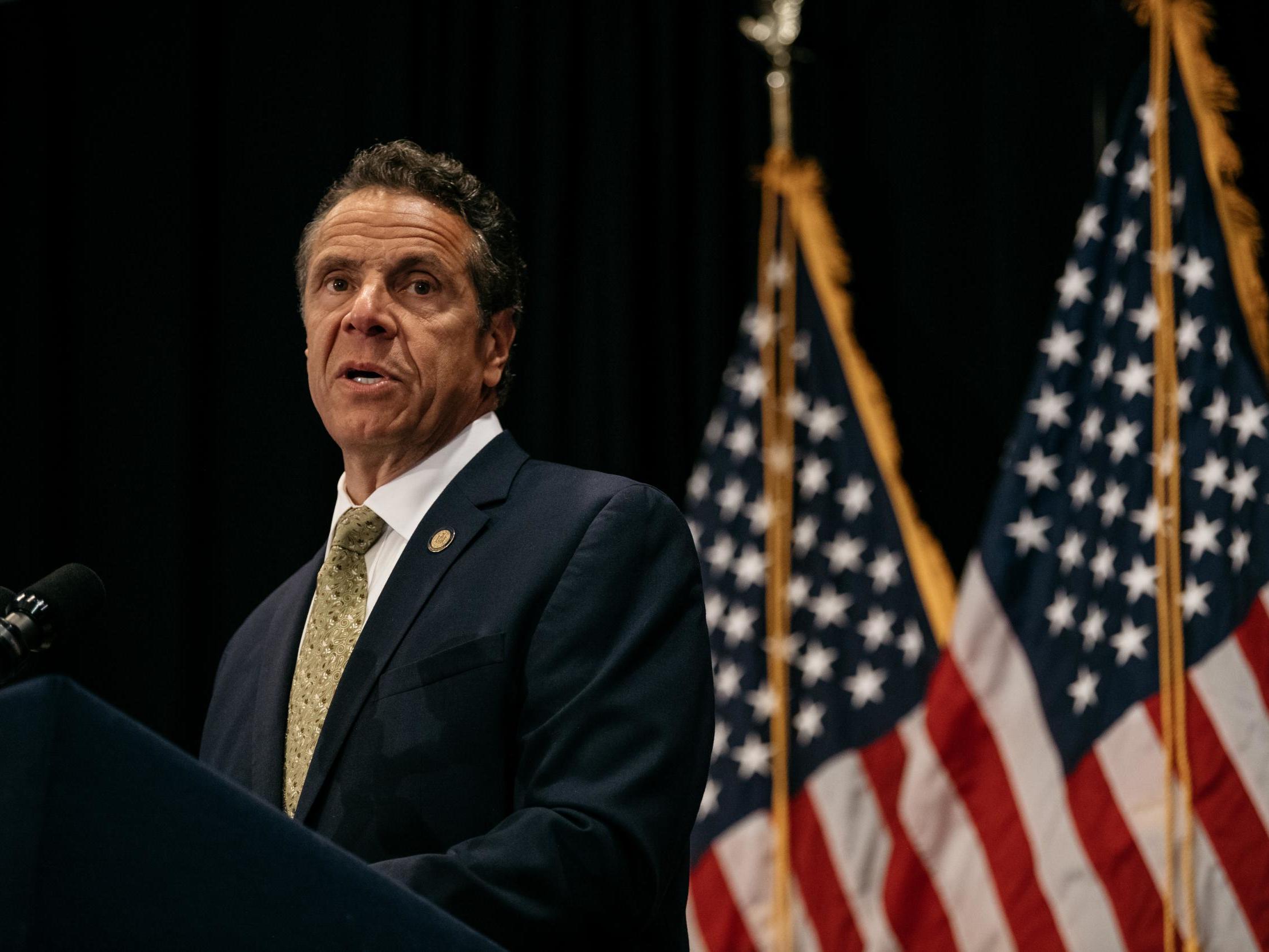New York to close rape intoxication loophole that lets 'abusers walk free'
People cannot give consent if voluntarily intoxicated under proposal to close loophole allowing 'rapists to walk free and vacate their heinous crimes based on a legal technicality'

New York is set to clarify the state's rape laws to affirm that a person cannot give consent whether they are voluntarily or involuntarily under the influence of drugs or alcohol.
Currently, the law stipulates that a person is unable to give consent only if they are "mentally incapacitated", defined as being involuntarily intoxicated, but not if that person has deliberately ingested drugs or alcohol.
The "legal loophole often hinders a sexual assault victim's ability to obtain justice and allows abusers to walk free", according to the governor's office.
"Our laws must protect the people of this state — not condone rape as a punishment for consuming alcohol", said New York Governor Andrew Cuomo. "With this proposal, we are saying enough is enough and taking action to close this nonsensical loophole and help end the culture of abuse once and for all."
Mr Cuomo said the loophole has allowed "rapists to walk free and vacate their heinous crimes based on a legal technicality."
The current exclusion of voluntary intoxication from the statutory laws "limits the ability to fully prosecute sexual assaults, even under circumstances in which the victim did not and could not consent to sexual activity and such inability to consent was apparent to the abuser", according to the governor's office.
As part of Mr Cuomo's 2020 legislative package, the measure follows the September passage of a law that extends the statute of limitations to 20 years for rape in the second degree — which includes victims who are incapable of giving consent because of mental disability to incapacitation — and 10 years for rape in the third degree.
It also eliminated the statute of limitations for rape in the first degree.
Prior to the law's passage, victims had only five years to file a legal case for rape allegations.
As part of a sweeping Women's Justice Agenda, the governor also sponsored legislation to extend rape shield protections for victims of sexual offences in court and helped launch the "Enough Is Enough" plan, which provides for a uniform assault policy across the state's college and university campuses.
New York and California are the only two states to adopt "affirmative consent" policies requiring an explicit "yes" from sexual partners for its university campuses.
New York District Attorney Cyrus Vance has urged for the passage of the governor's latest proposal, which Mr Vance says is a "common-sense fix that aligns New York's definition of consent with more than half the nation."
In a 2018 letter to Mr Cuomo, the district attorney said his office isn't able to hold offenders accountable because "voluntarily intoxicated" person, under the current law, "isn't considered too drunk to consent."
He wrote: "Prosecutors cannot bring sex crime charges in cases where the victim became voluntarily intoxicated and was unable to consent, even if a reasonable person would have understood that victim was incapacitated."
Join our commenting forum
Join thought-provoking conversations, follow other Independent readers and see their replies
Comments
Bookmark popover
Removed from bookmarks